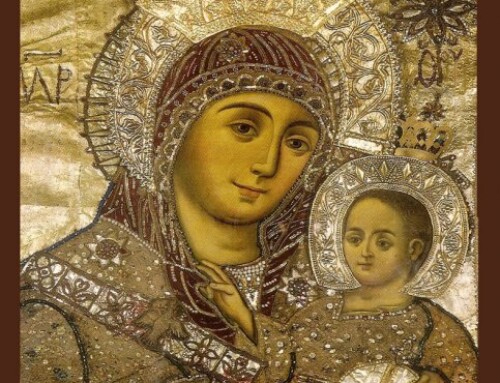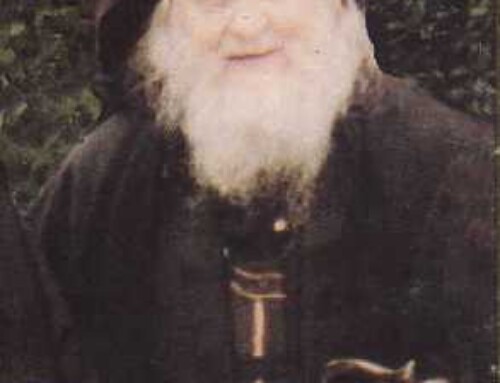Word Magazine November 1959 Page 8
THE PURPOSE AND POWER OF PRAYER
By Rev. Fr. Theodore E. Ziton
The world’s present mood is not conducive to prayer and meditation. Mechanism and speed dominate all departments of our present day civilization. We race through life and we hardly have time to read the sign posts and to learn whether or not we are on the right road of life. No wonder that so many lives end in ruin and misery. Even in our leisure we are dominated by action and controlled by schedule and thus can hardly experience total relaxation of body and complete serenity of mind.
Yet in this highly stimulated society in which we find ourselves, we are all the more in need of meditation, prayer and communion with God.
The fact that we pray doesn’t mean that everything we pray for will immediately be ours or that everything we pray against will immediately be wiped away. Let it be clear that prayer is not magic, a force by which we coax God to change the Laws of the universe. Through prayer we rather change ourselves by the resolution to order our lives in such a manner that we do God’s will and obey God’s moral law. Fathers, however fond and affectionate, don’t always give their children all they ask for — not even if they are able. Wise fathers know that children must do many things of their own effort. A wise father may show us other ways to get what we think we want; or He may show us the wisdom of waiting — or He may show us the wisdom of changing our wants. Obviously all men cannot (and should not) have everything they pray for.
This is true because people often pray against one another — as in a race when two contestants both want to win; as in a lawsuit when two parties both want to possess the same piece of property; or as with the weather, when one man wants rain for his crops and another wants clear skies for a picnic he has planned.
And if we are ever disappointed in prayer it may be because we don’t quite understand the purpose of prayer (or perhaps because we don’t quite understand the purpose of life.) It is not the usual purpose of prayer to serve us like Aladdin’s lamp, to bring us effortless affluence or ease or the easy fulfillment of all our fleeting fancies. Life isn’t an uninterrupted holiday; nor, obviously, was it meant to be. Rather it is a time of training, and often of trial, of education and of self-effort. And often the purpose of prayer is to give us strength to do what needs to be done, wisdom to see the way to solve our own problems, ability to do our best, and faith to face what sometimes must be faced —“nevertheless not my will, but Thine, be done.”
Nor is prayer always a matter of asking only. It should not always be as the beggar’s upturned hand. It is also partly appreciation; partly a petition for other, for the world, as well as for me and mine; partly adoration; partly aspiration; partly confession and thanksgiving. And the function of prayer is to provide food for the soul even as we provide food for the maintenance of the physical life. When people do not indulge in regular prayer, they are like unto those who are bereft of music, love and poetry. Such live their lives and do not experience the uplift of imagination or the stimulation and harmonization which the poetic soul experiences. Life as a result becomes an emptiness of heart and a mere animal existence.
The spiritual value of prayer has to do with the fact that it is the dominant force in the shaping of our personality. Through the discipline of prayer we build noble character and we are constantly reminded of God and hence faith is reinforced and our soul receives wholeness by being brought closer to the Creator.
We Orthodox-Christians are constantly reminded by our Church and its Teachings not to neglect prayer — that we remain a holy people — a people of spiritual in character — ethical in conduct — God’s witnesses throughout history and an eternal people dedicated to the worship of the Eternal God.


